Weber Family Crest, Coat of Arms & Weber Name Origin
|
|
|
|
|
| Return to Home page | Bookmark this page | Link to this page | Send a Weber Postcard |
| Find Your Name | ||||||||
| A | B | C | D | E | F | G | H | |
| I | J | K | L | M | N | O | P | |
| Q | R | S | T | U | V | W | X | |
| Y | Z | |||||||
Weber Family Crest


Origin of the Name Weber
The ancient history of the name Weber was found in the allfamilycrests.com archives.
Over the centuries Surnames developed a wide number of variants. Different spellings of the same name can be traced back to an original root. Additionally when a bearer of a name emigrated it was not uncommon that their original name would be incorrectly transcribed in the record books at their new location. Surnames were also often altered over the years based on how they sounded phonetically and depending on the prevailing political conditions it may have been advantageous to change a name from one language to another.
Variants of the name Weber
include Webbe, Webber and Web. This is an occupational name meaning 'the weaver', from a person who made their living weaving cloth. This name is of English descent and is found in many ancient manuscripts in that country. Examples of such are an Adam Webbe of County Essex and an Elyas Webbe of County Buckinghamshire who were recorded in the 'Hundred Rolls', England, in the year 1273. A Johannes Wybbe was recorded in the 'Poll Tax', of the West Riding of Yorkshire, in the year 1379. A Nicholas Webbe, of Chester, was recorded in the 'Wills at Chester', in the year 1603. Names were recorded in these ancient documents to make it easier for their overlords to collect taxes and to keep records of the population at any given time. When the overlords acquired land by either force or gifts from their rulers, they created charters of ownership for themselves and their vassals. It was by creating, maintaining and updating these reference books that they were able to maintain their authority and enforce laws.
In Ireland this name and its variants are found throughout Leinster Province and especially in Dublin and also in the Belfast region. It has been found in records in Ireland since the seventeenth century.
The Weber coat of arms came into existence centuries ago. The process of creating coats of arms (also often called family crests) began in the eleventh century although a form of Proto-Heraldry may have existed in some countries prior to this. The new art of Heraldry made it possible for families and even individual family members to have their very own coat of arms, including all Weber descendants.
|
WONDERFUL GIFTS FOR EVERY OCCASION
Show Off Your Heritage With Our Range Of Top Class Gifts For Your Family Name! VERY LIMITED TIME OFFER: FREE DELIVERY!!! |
||
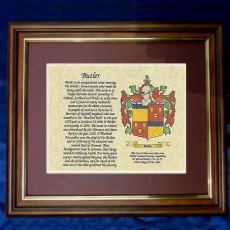 Parchment Prints: Framed, Unframed, Perfect  |
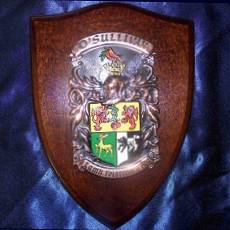 Researched Hand-Painted Plaques & Shields  |
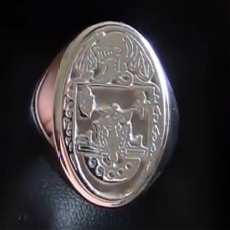 Incredible Hand-Engraved Signet & Seal Rings  |
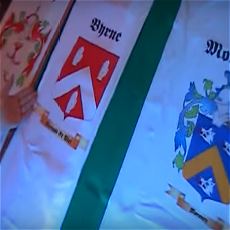 Get your Family Crest Flag, on Ireland or White background!  |
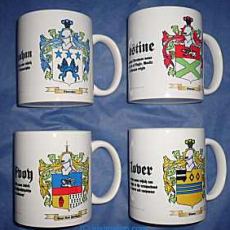 Personalized Coffee Mugs Make Thoughtful Personalized Gifts  |
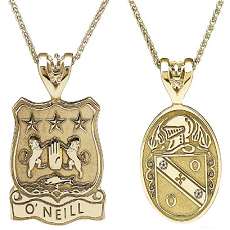 Engraved Pendants in Gorgeous Gold or Stylish Silver.  |